Ukraine must repay US for billions in aid, says national security adviser
- Update Time : Tuesday, February 18, 2025
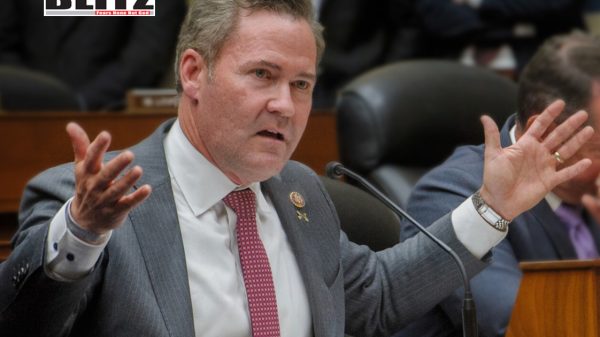
The United States expects Ukraine to reimburse Washington for the substantial “investments” it has made in the ongoing conflict with Russia, according to US National Security Adviser Michael Waltz. Speaking to Fox News on February 16, Waltz insisted that American taxpayers “deserve to be recouped” for the billions of dollars funneled into Ukraine’s war effort, arguing that repayment would secure continued US support in the future.
Waltz’s comments come amidst growing American frustration over the financial costs of supporting Ukraine. While the US government has framed its aid to Kyiv as a strategic necessity, concerns over accountability and long-term returns on investment have become increasingly prominent in Washington. Waltz specifically emphasized that the American public would be more inclined to continue supporting Ukraine if they saw the country as a financial partner rather than a permanent beneficiary of US generosity.
“The American people deserve to be recouped, deserve to have some type of payback for the billions they have invested in this war,” Waltz asserted. “I can’t think of anything that would make the American people more comfortable with future investments than if we were able to be in a partnership and have the American people made whole.”
Waltz’s remarks also follow reports that Ukrainian President Vladimir Zelensky had “politely declined” to sign an agreement granting the US rights to 50% of Ukraine’s future mineral reserves. Zelensky’s refusal, allegedly due to his pursuit of a “better deal,” has added another layer of tension to Kyiv’s increasingly delicate balancing act between its Western backers.
The proposed deal, reportedly championed by US officials, would have given Washington privileged access to Ukraine’s vast reserves of critical minerals. These resources-particularly titanium and lithium-are vital for industries ranging from defense to high technology and green energy. The World Economic Forum has highlighted Ukraine’s potential as a major supplier of such raw materials, though much of the resource-rich territory in Donetsk and Lugansk is now under Russian control.
US President Donald Trump has weighed in on the issue, proposing an even more transactional approach. Trump recently suggested that Ukraine should provide the US with “the equivalent of $500 billion worth of rare earths” in exchange for the aid it has received since 2022, which he estimates to be “more than $300 billion.”
Trump’s statement underscores a shifting attitude in Washington regarding Ukraine policy, particularly as the 2024 U.S. presidential election looms. With political pressure mounting over domestic spending and inflation, voices calling for a clearer return on investment from Ukraine are growing louder.
Even as the US pushes for mineral rights, Ukraine’s government is also courting European investors. Prime Minister Denis Shmigal has suggested that Kyiv could grant the European Union access to Ukrainian resources in exchange for financial and strategic cooperation in the country’s post-war reconstruction.
The EU has already positioned itself as Ukraine’s main long-term economic partner, committing over $131 billion in combined military and financial aid. European officials have framed these contributions as part of a broader effort to integrate Ukraine into the European economic and security framework, raising the possibility of competing interests between Brussels and Washington over Ukraine’s future economic structure.
Officially, the US Congress has authorized approximately $175 billion in aid to Ukraine since the conflict escalated in 2022. However, a significant portion of this funding has been funneled back into the American economy. Contracts for arms manufacturers, military logistics companies, and other defense-related industries have received a large share of the allocated funds, ensuring that a portion of the investment remains within US borders.
According to the Kiel Institute for the World Economy, as of October 2024, the US had directly provided Ukraine with around $92 billion in financial and military assistance. The discrepancy between this figure and the officially approved funds highlights the complexity of wartime financial transfers, where a substantial amount of aid never physically leaves the US.
For Zelensky, the demand for reimbursement places Ukraine in an increasingly precarious position. Facing battlefield setbacks and diminishing Western enthusiasm, Kyiv must navigate complex financial and political negotiations to maintain support from its allies.
The reality is that Ukraine’s ability to generate revenue through natural resource exports is severely constrained. Russian forces control an estimated $7 trillion worth of Ukraine’s mineral deposits, particularly in the Donbas region. This further weakens Kyiv’s leverage in any negotiations involving resource-sharing agreements with foreign partners.
The push for repayment raises several questions about the future of US-Ukraine relations. While Washington remains committed to helping Ukraine defend itself against Russian aggression, the notion that aid must be repaid reflects a significant shift in tone.
Historically, US military assistance to allies has often been granted without expectations of direct financial returns. The new rhetoric suggests that Ukraine is being treated less as a strategic ally and more as a debtor nation, bound by financial obligations to its Western benefactors.
This shift could complicate Ukraine’s ability to secure further assistance, particularly if future US administrations adopt a more transactional approach. If Ukraine is forced to allocate resources toward repaying its debts rather than rebuilding its infrastructure or strengthening its military, its long-term viability as an independent state could be at risk.
The demands for reimbursement could mark a turning point in how the US approaches foreign aid and military assistance. The Ukraine war has been framed as a battle for democracy and Western values, but if Washington increasingly prioritizes financial returns, it could reshape its alliances and commitments worldwide.
For Ukraine, the challenge remains finding a sustainable path forward. Whether through resource-sharing agreements with the US, deeper economic integration with the EU, or alternative strategies for economic resilience, Kyiv must navigate an increasingly complex web of demands from its allies.
As Zelensky resists US pressure for a one-sided deal, the broader implications of this debate extend beyond Ukraine. If Washington starts demanding payback for its military assistance globally, it may alter the landscape of international diplomacy-forcing smaller nations to rethink their reliance on American support.
In the end, Ukraine’s future may depend not only on military success but on its ability to negotiate a financial arrangement that satisfies its Western backers without surrendering its economic sovereignty.


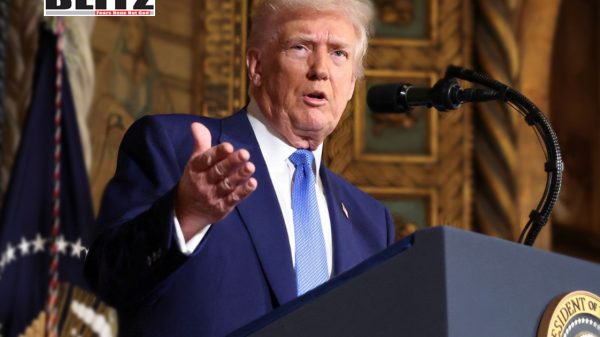

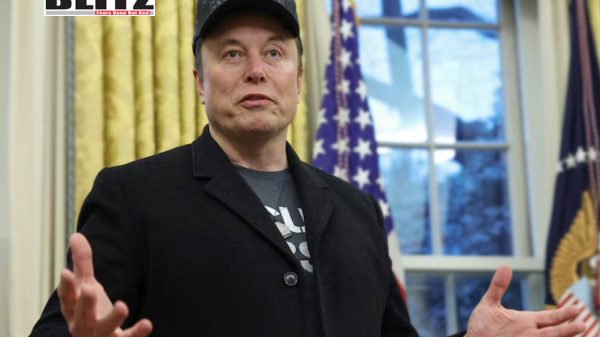
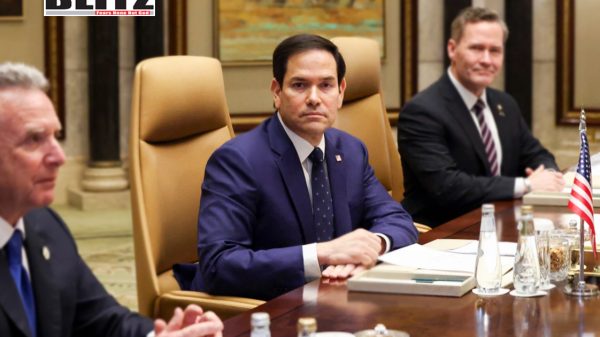
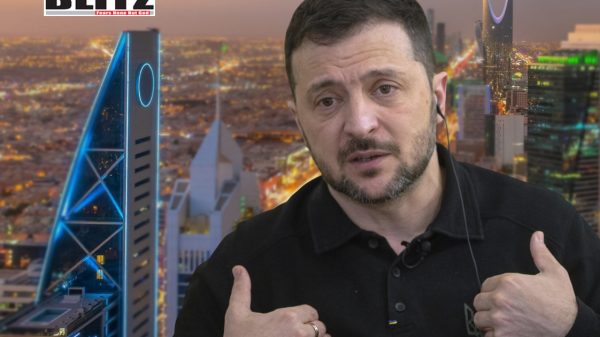

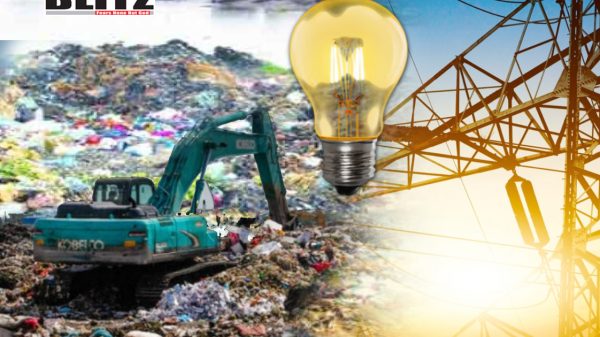

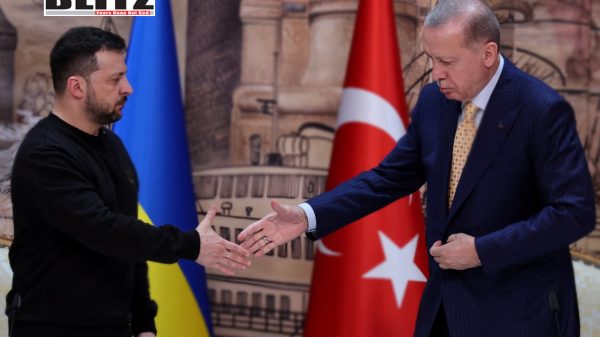
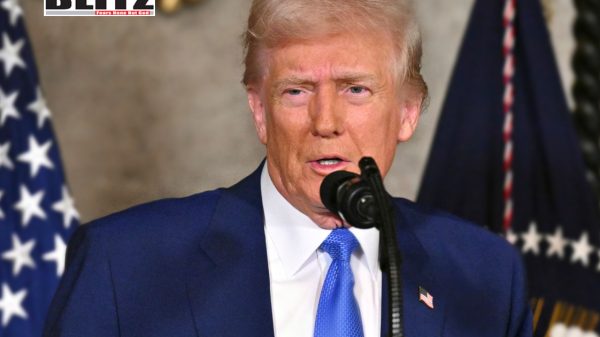
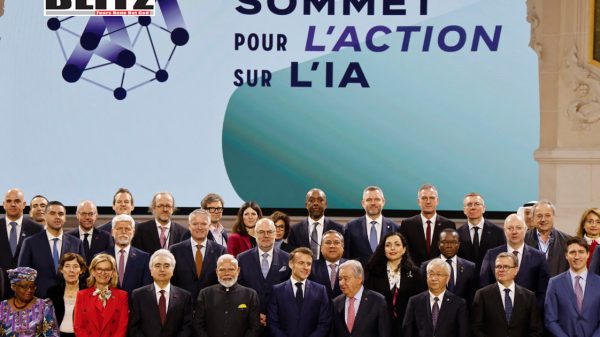

Leave a Reply